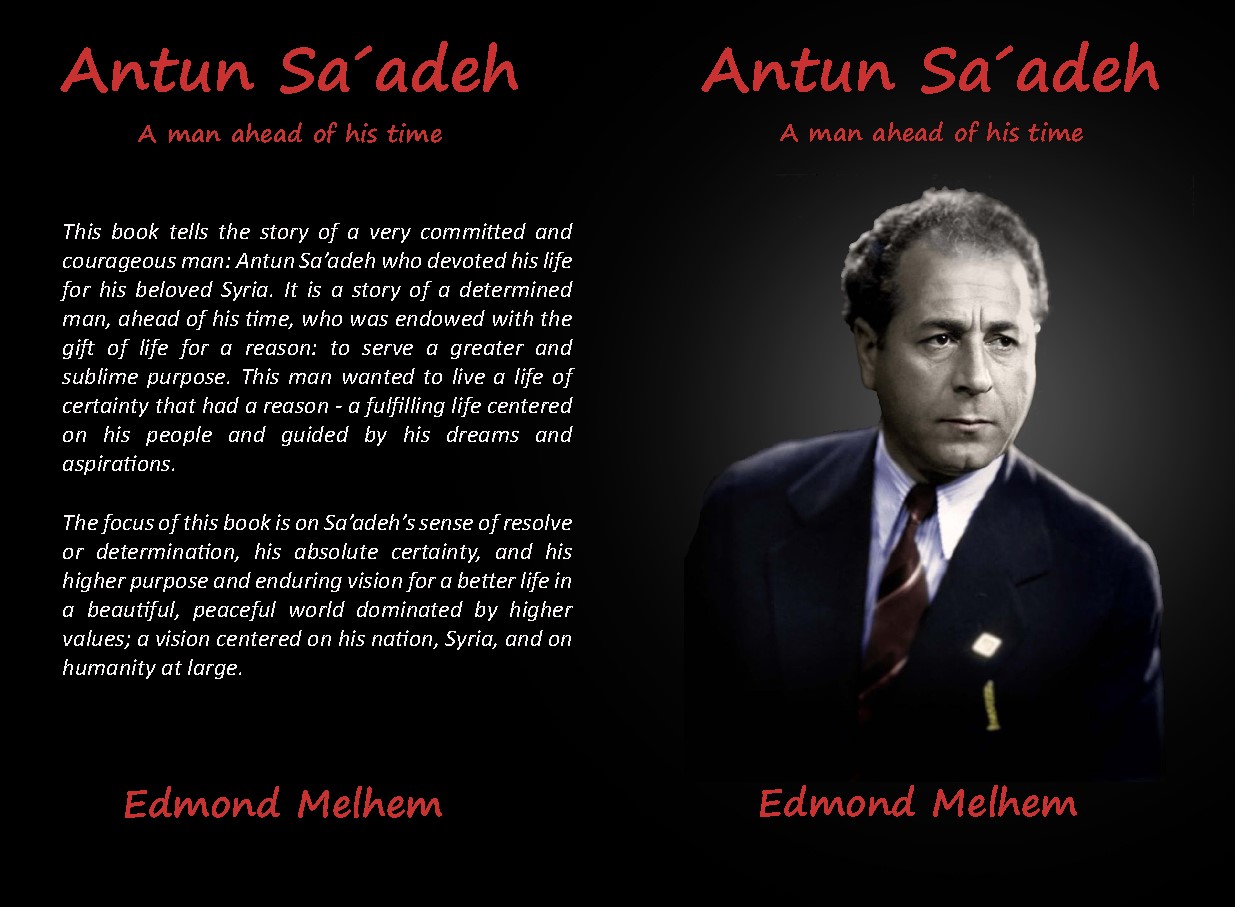Organizations are the driving force for productive collective work and common goals. They serve as vehicles designed to help vested members accomplish their objectives. Without people, “organizations themselves are mindless”[1] as they are not human. They are “human constructs”.[2] Their job is to “keep values and goals alive and viable”.[3] They function as “coordinators of capabilities, allocators of resources, and the place where performance metrics are kept.”[4] Joe Kurtzman, an American economist and one of the top experts on management and leadership in the world, summarizes the essence and functions of organizations:
Organizations are simply ways people have developed for achieving goals that are beyond the capability of an individual to accomplish alone. They are methods for aligning groups of people so they achieve common goals.[5]
Sa´adeh believed that organization is as important as ideas when making an impact. Thus, he established a cohesive organization, based on conscious and collaborative principles, with an administrative apparatus, structures and procedures that embodied his charismatic message and mission. To him, “discipline is a fundamental pillar for his party's work and survival, serving as a vital source of its great strength.”[6] Nevertheless, it does not constitute an aim by itself, but one of its powerful means to unify efforts toward achieving the goal.[7] He also emphasized: “The establishment of the institutions and the setting up of the process of law-making are my greatest achievement after establishing the national cause because it is the institutions that safeguard the unity of direction and the unity of work and which alone can guarantee consistency in policy and performance.”[8]
Sa´adeh incorporated in the rules and traditions of his organization and its institutions values such as goodness, honesty, truthfulness, fairness, responsibility, equality and reciprocity; he built strong cohesion in his organization by establishing its worth and by promoting its successes and great achievements despite all the hardships and obstacles. Moreover, Sa´adeh mobilized and channelled energies to achieve common ideological objectives by driving all members to work together fruitfully and in harmony toward a common purpose, to become passionate ambassadors and ardent advocates for the national cause and to follow a common plan of action that will benefit the whole nation. Indeed, he was a resonant leader who established an environment where party members felt responsible and in tune with each other, bound together by a common cause, respectful and caring of each other. Put another way, he created a bond of human minds, a feeling of togetherness among the members of his party, transforming individuals from ‘me’ into ‘we’, believing that the unity of unselfish human minds will lead to wonderful achievements.
[1] Joel Kurtzman. Common Purpose: How Great Leaders Get Organizations to Achieve the Extraordinary, San Francisco, CA: Jossey-Bass, 2010, p. 23.
[2] Ibid.
[3] Ibid., p. 24.
[4] Ibid.
[5] Ibid., p. 23.
[6] Antun Sa´adeh, Al-Athar al-Kamilah (Collected Works), volume 2 (1932-1936), op. cit., pp. 241 – 242.
[7] Ibid.
[8] Sa’adeh in the 1st of March, p. 48.

